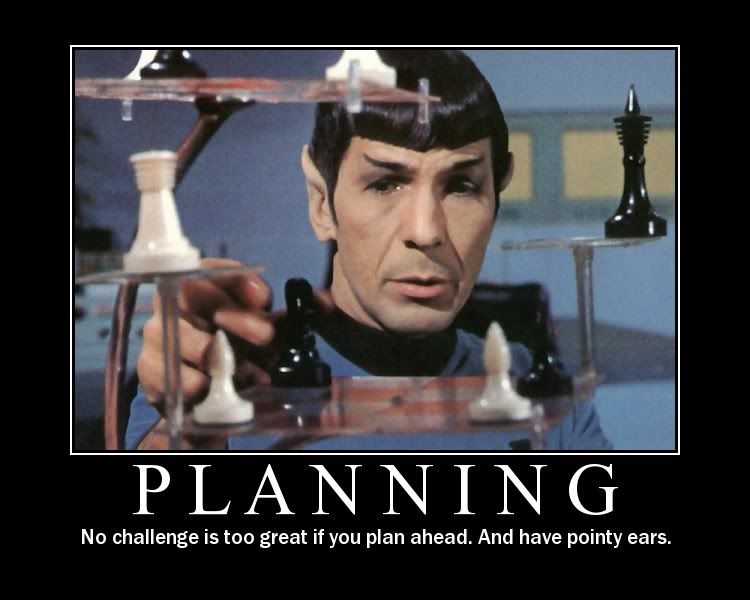
You may be looking at that subject line and wondering which terrible screenplay or abominable novel I’m going to discuss. Oh no, you might be lamenting, is this another rant on Meyer? No, it isn’t. I’m not going to be saying any particular writer is an idiot. Except perhaps myself.
I’ve never really wanted a career outside of writing. Some people have gotten into working with their hands right out of high school – they build our houses, maintain our cars, keep our water flowing and run the machines that give us light at night. Other people went to business school and studied science and busted their asses to get into a career. Neither of those options ever really appealed to me. Since I was a kid I’ve lived inside my head and I’ve wanted nothing more than to show others the worlds that drive me to distraction and get paid for it. Pretty idiotic, wouldn’t you say?
There are plenty of other, better ways to make money. If I’d really applied myself to my programming from the outside, I’d probably be making about twice what I make now in that field. I wouldn’t be struggling to make ends meet. I wouldn’t be passing up great opportunities to get my work seen, critiqued and commented upon because I can’t afford a night’s stay at a hotel. I know what I could do to have a more comfortable lifestyle, but I refuse to do it. Idiotic.
Then again, village idiots weren’t necessarily immediately considered worthless. They contributed to the social fabric of the village. They made children laugh. They made adults think, sometimes, or at least appreciate their more comfortable situations. And for doing this, they were taken care of – bread, shelter, water to drink and occasionally some clothes that weren’t torn up and smelling of shit. They didn’t have to pay anything for them. While others in the village toiled in the field or on rooftops with shingles or stood guard in the hot sun, the village idiot was just allowed to be him or herself.
Who’s really the bigger idiot, there?
Unfortunately I can’t argue outright stupidity in my case. Sure, I’m a dumbass from time to time. I can neglect to plan ahead. I’ve never quite gotten a grip on the most effective way to use this shoestring on which I and my family are living. It’s likely that my biggest claim to idiocy is this notion I have that, sooner or later, things will work themselves out and I’ll be able to pursue my desired career without needing a dayjob. To some, that’s optimism. To others, it’s idiocy.
And you know what? I’m okay with that.
If being dedicated to writing for a living (and fiction at that) and finding a way to do so as my primary and perhaps sole means of income makes me an idiot, then slap a dunce cap on me and I’ll go cavort in the village square. I’ll be proud to do it, too. I’d prefer telling off-color jokes to random passersby and juggling horse turds to false smiles and sales-oriented gamesmanship.
Nobody ever said chasing your dragons was easy. But when you wear shining armor, keep a white horse and fancy yourself something resembling a knight, what the hell else are you going to do? America doesn’t have a monarch and I don’t have any peasants to oppress.







